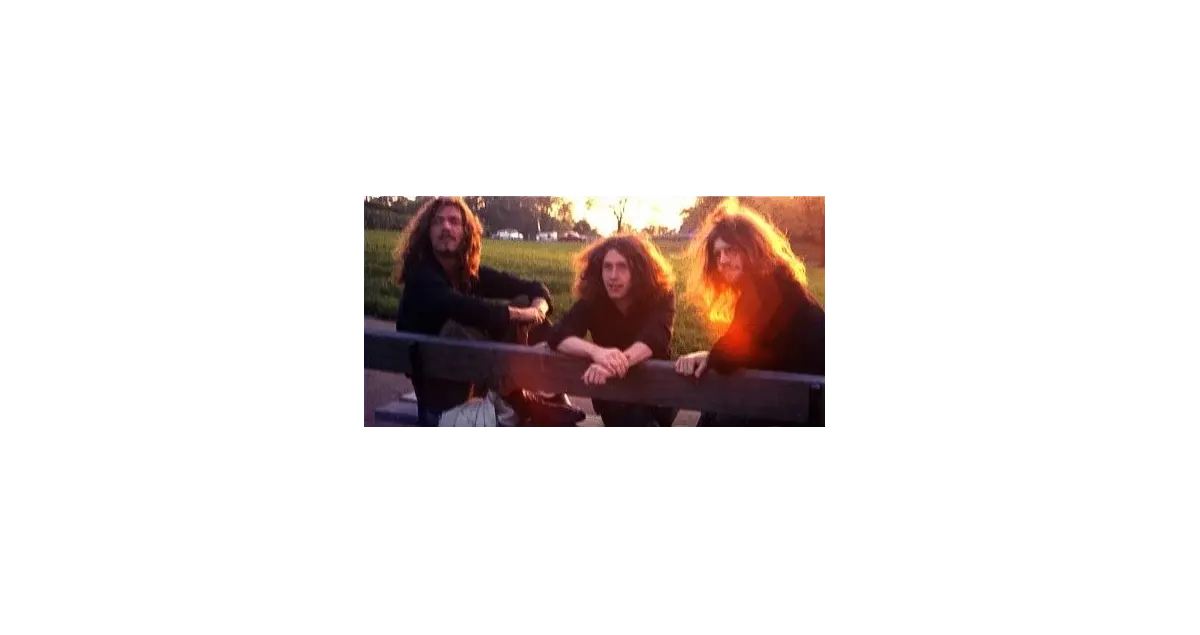Egg: Pioneers of Canterbury Progressive Rock
Introduction
Egg was a foundational English progressive rock band that emerged during the late 1960s, becoming a key figure in the Canterbury scene. Known for their avant-garde approach, intricate compositions, and lack of a traditional guitarist, Egg’s music stands out for its experimental use of keyboards and complex time signatures. Their brief but impactful discography is a testament to their unique artistry in the progressive rock landscape.
Formation and Early Years
Egg was formed in 1968 in London, England. The band began as a part of Uriel, a group that also included future Gong guitarist Steve Hillage. After Hillage left to focus on his studies, the remaining members decided to continue under the name Egg. The trio consisted of:
- Dave Stewart – Keyboards
- Mont Campbell – Bass, Vocals
- Clive Brooks – Drums
Their lineup, unusual for a rock band at the time, relied heavily on keyboards instead of guitars, giving their music a distinct sound.
Discography and Key Album
Egg released three studio albums, each showcasing their experimental nature and technical skill.
“The Polite Force” (1971)
This album is widely regarded as Egg’s defining work. It epitomizes the band’s blend of avant-garde and classical influences, marked by complex arrangements and a surreal atmosphere.
- Key Tracks:
- “A Visit to Newport Hospital”: A dynamic piece with shifting tempos and intricate melodies.
- “Long Piece No. 3”: A multi-part suite that exemplifies their ambition, blending rock with classical motifs.
- “Boilk”: A daring, experimental track filled with tape loops and dissonance.
Other Albums:
- “Egg” (1970): Their debut album, blending jazzy rhythms with classical influences. Tracks like “Symphony No. 2” highlight their penchant for fusing rock with orchestral structures.
- “The Civil Surface” (1974): A posthumous release featuring leftover material, it continues their adventurous sound with contributions from members of the Canterbury scene.
Musical Style and Themes
Egg’s music is characterized by:
- Classical Influences: Their compositions often incorporate themes from classical music, especially from composers like Bach and Stravinsky.
- Experimental Approach: They used unusual time signatures, dissonance, and tape effects to create a unique sonic palette.
- Canterbury Aesthetic: As part of the Canterbury scene, their music shares the whimsical yet intellectual tone of contemporaries like Soft Machine and Caravan.
Their lyrics often leaned toward the surreal and introspective, adding to their mystique.
EGG-The Polite Force-01-A Visit To Newport Hospital-{1971}
Interesting Facts
- Steve Hillage’s Departure: Egg evolved from Uriel, which included Hillage, but they dropped the guitar after his departure, cementing their signature sound.
- Classical Rock Fusion: Egg was among the first bands to extensively blend rock with classical music, predating similar explorations by bands like Emerson, Lake & Palmer.
- Dave Stewart’s Legacy: Keyboardist Dave Stewart became a key figure in progressive rock, later working with Hatfield and the North and National Health.
Legacy and Influence
Despite their short lifespan, Egg remains one of the most innovative bands of the Canterbury scene. Their willingness to push boundaries influenced not only their contemporaries but also later generations of progressive and experimental musicians.
Egg’s music, while complex and avant-garde, is also deeply engaging, making them a vital part of the progressive rock canon. Their albums continue to be celebrated for their originality and audacity, securing their place as pioneers in the genre.





